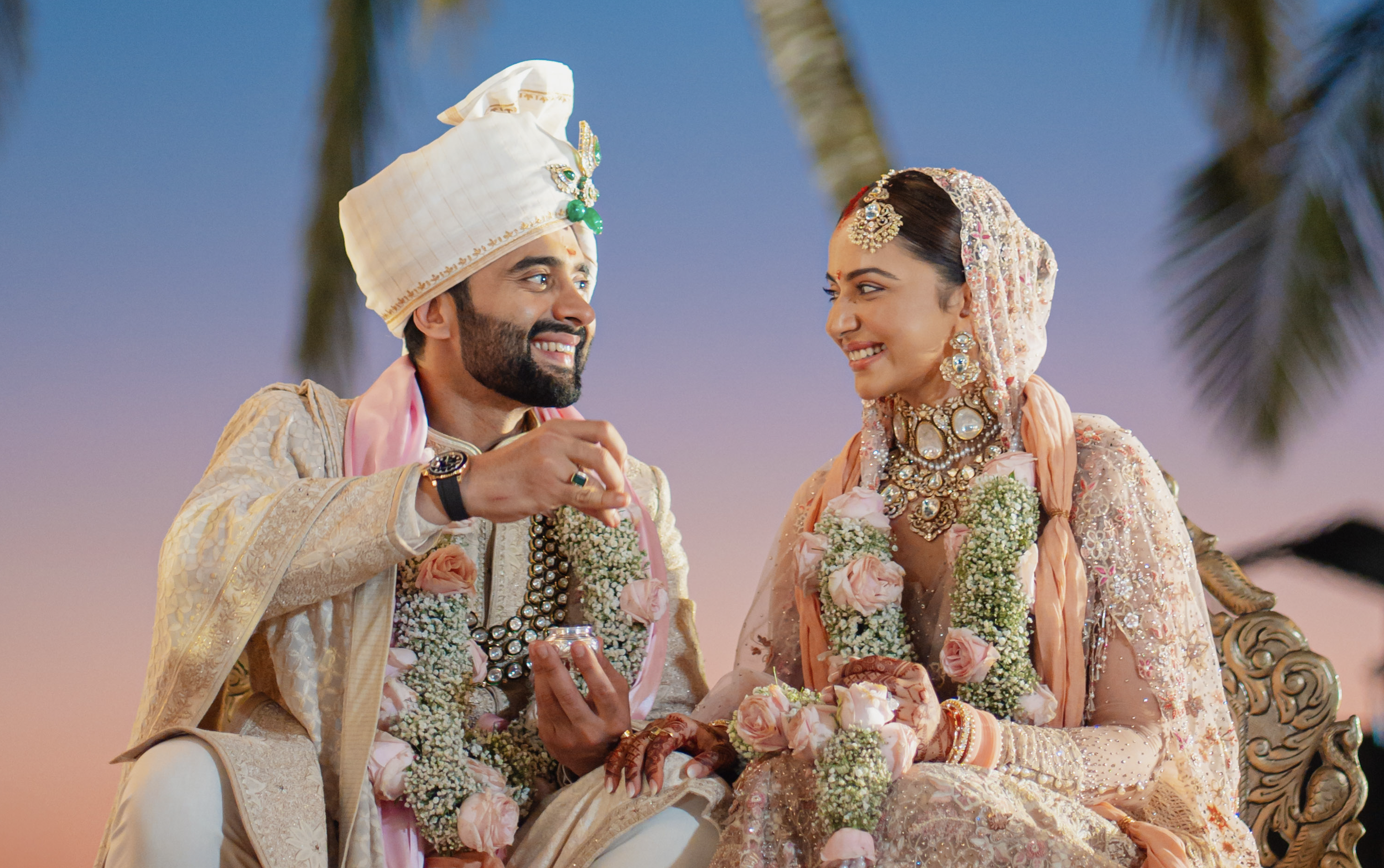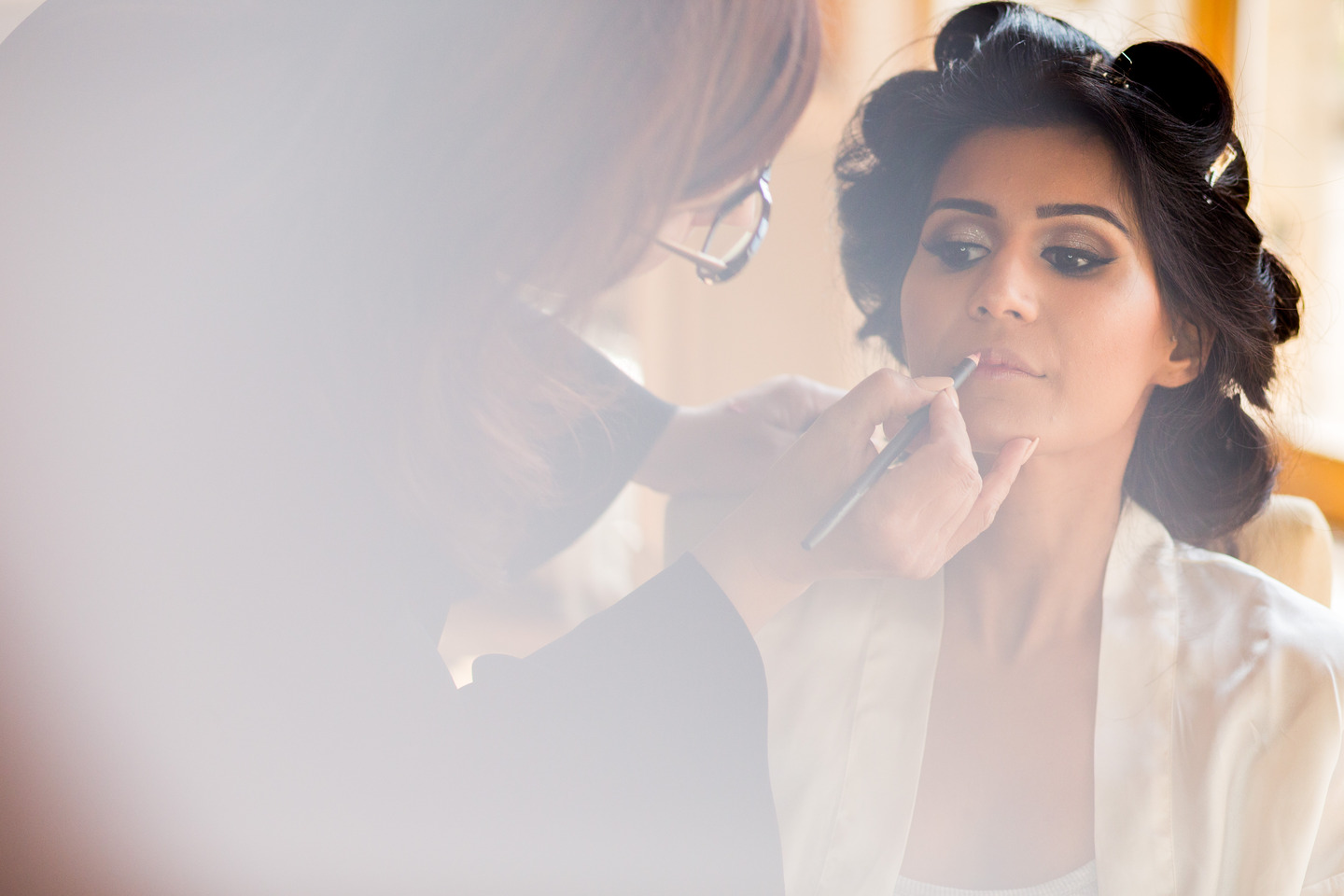Ideating Insta-worthy décor and design, putting together a dreamy wedding wardrobe, curating a delicious menu, finding the perfect favours, commissioning the entertainment experts… planning your big day and other wedding-related events is undeniably exciting. But with the endless components and to-do lists that celebrations come with; they can cost a pretty penny. Its why budgeting is crucial, even if it may take extra time and planning. Setting the budget, although the trickiest, should be the first tasks on your planning process. It is also the most important, after all, you can’t move ahead to execute your vision until you know how much money you have to spend.
It’s all about strategy. A big fat Indian wedding or an intimate one, it’s no secret that the budget is central to every celebration to bring it to life. But it’s not just the funds that need to be the talking point, it’s the way your budget is allocated for the various aspects that will elevate the entire experience for you and your guests.
Why a budget will help you stay on track?
There’s a lot that goes into planning a wedding, from finding a venue to finalising vendors. Whether money is the criteria for you or not, it’s easy for couples to get down the rabbit hole of overspending if you don’t set a budget and follow it. Budgeting helps to have a bottomline so you know if you’d like to go overboard or not.
What should be your starting point?
Your whole process should start with creating a vision board. What will be the destination and venue? Will it be an extravagant wedding or an intimate one? What kind of themes and experiences would you like to include? What will be the number of attendees? What will the decor and aesthetics be like?
What can you actually afford?
Once you have outlined the vision, then you need to get to business. You and your partner need to be transparent about the amount you will contribute to the celebrations. While you may desire something, you need to factor in life expenses such as rent, other payments or future provisions on the horizon as you start on your new journey together. It is imperative to understand what you can actually afford to spend. This will help you create a more realistic wedding budget.
Who pays, and for what?
Planning weddings can be extremely stressful. And money can often become a major reason of a fight not just between couples, but also the families involved. I suggest having the difficult conversation with each other about ‘who is paying how much and for what’ with all parties involved before even reaching out to the planner and other vendors. Are you and your spouse-to-be going to fund the whole wedding by yourselves? Or do your families want to take care of the celebrations? Or do your family or close friends want to pay for part of the wedding? And if so, how much are they offering to give you? It will also be ideal to consult them on what aspect of the wedding, they’d like to preferably contribute to. Getting clarity on the answers to those questions is one of the most important first steps in creating your budget. This will ensure that the entire planning and celebration time is smooth and joyful.
How to set priorities?
Once you’ve set the budget, you need to set your priorities straight. There are non-negotiable wedding costs, then there are negotiable ones. The essentials often include venue, food, wedding dress, officiant / priest’s fees, décor, photographer and music. The cherry on top list should have the wedding cake, entertainment, favours, alcohol, paper invitations and others. Of course, this isn’t set on stone. What is crucial to you on your wedding day might vary from what your best friends prioritised, what your family members want, and even what your spouse-to-be wants out of the experience. Be sure to have an open conversation with all stakeholders about your must-haves and things you can let go of.
How to breakdown the wedding fund?
As I mentioned, weddings should be about celebrating your union and there are no rules to follow. Do as you please. If you want to spend more on a custom menu versus the venue, go for it. Want a designer bridal outfit over a couture cake? Go figure. However, a rough budget breakdown will serve as a blueprint to plan ahead. Here’s a rough estimate you can follow, which needs to be segregated for various events, from your sangeet to your I Dos. And of course, adjust the buckets according to your prerequisites, priorities and preferences.
- Venue and Catering: 35 percent of your budget
- Wedding Planning: 12 percent of your budget
- Photography, Videography and Content Creation: 10 percent of your budget
- Stationery: 5 percent of your budget
- Wedding Outfit and Beauty: 5 percent of your budget
- Entertainment: 5 percent of your budget
- Flowers: 6 percent of your budget
- Décor: 10 percent of your budget
- Transportation: 5 percent of your budget
- Cake: 3 percent of your budget
- Favours and Gifts: 2 percent of your budget
- Tips: 2 percent of your budget
What is the bottom line?
Planning a wedding can be stressful, but financial concerns shouldn’t overshadow the big day. Estimating expenses using an online wedding budget calculator can be a good place to start. Your planner can also guide you in allocating your fund across aspects. End of the day, your big day needs to be the most memorable day of your life.













